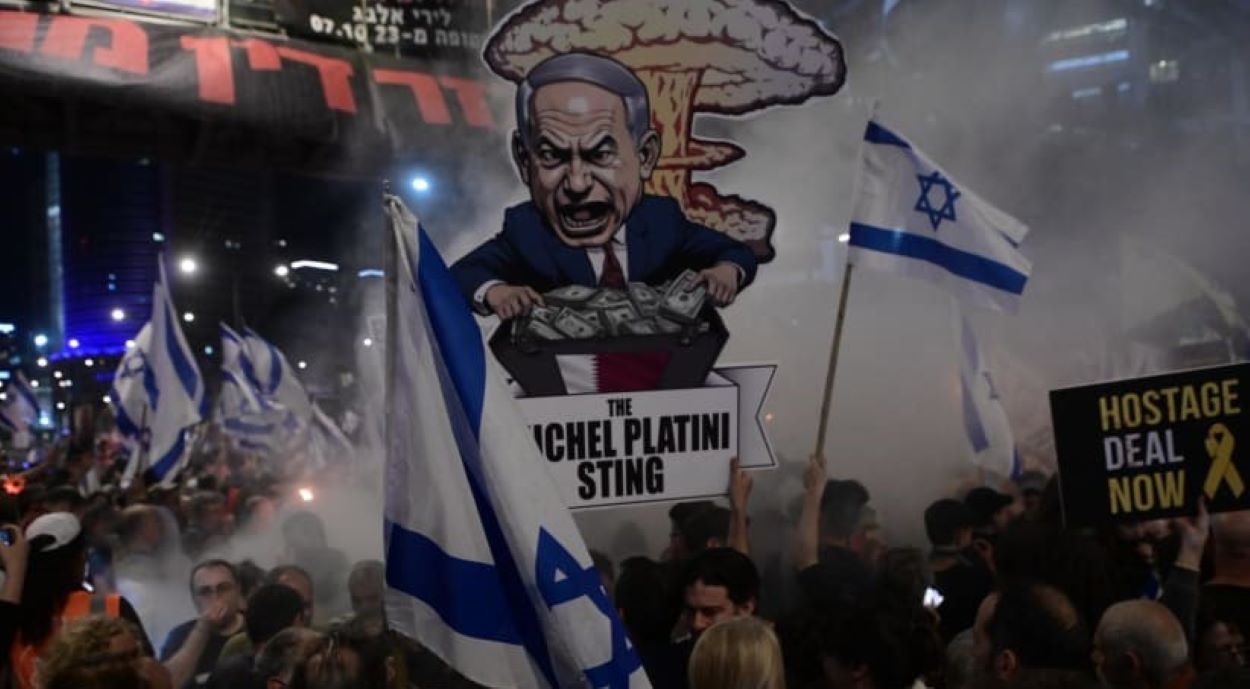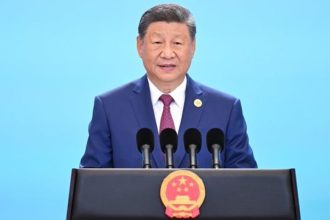In Tel Aviv, thousands have taken to the streets, urging Prime Minister Benjamin Netanyahu to step down amidst the ongoing conflict in Gaza, now in its sixth month.
The Times of Israel reported that the demonstration aims to pressure the government into negotiating the captives’ release from Gaza. Demonstrators are calling for Netanyahu’s resignation and the negotiation of a release for the Israelis held by Hamas following the 7 October assault.
The rally took place on Begin Street, outside military headquarters, diverging from prior weeks where Hostages Square was a focal point. Additionally, calls for early elections will be echoed in a separate protest at Kaplan junction, continuing the outcry against the government’s policies.
Protest activities will extend nationwide, including outside Prime Minister Benjamin Netanyahu’s residence in Caesarea, amid growing frustration with the government’s handling of the crisis.
The convergence of anti-government demonstrations with the families’ protests highlights a united front against Netanyahu’s administration, accused of stalling negotiations for political gain.
Organizers critiqued the government’s inaction, emphasizing the daily suffering of the hostages. Meanwhile, international efforts to broker a truce and hostage exchange have stalled, with US, Qatari, and Egyptian mediators preparing for talks in Cairo.
US President Joe Biden has urged increased pressure on Hamas, while Israel accuses the mediators of failing to influence the group. Israeli officials claim Hamas leader Yahya Sinwar shows no interest in a deal, exacerbating tensions and potential escalation.
Amid prolonged negotiations and increasing public discontent, the Israeli government faces criticism for its approach to the crisis, with plummeting popularity and calls for elections.
This week, protests in Jerusalem saw activists and family members of hostages unite, with some breaching barriers near Netanyahu’s residence. The October 7 Gaza war, which saw significant casualties and hostages taken, continues to have a profound impact, with debates over the handling of the crisis and the future of those still in captivity.






